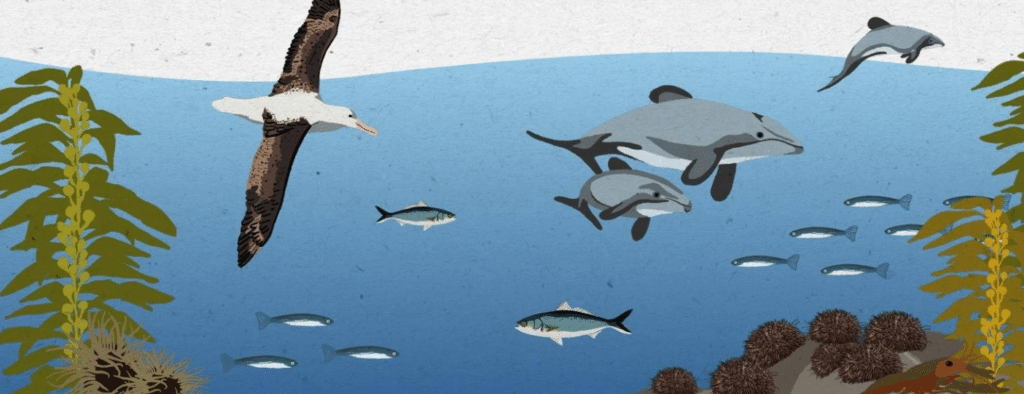
1. Government’s New Fisheries Proposal: A Green Light for Overfishing?
New Zealand – The Green Party is raising alarms over the government’s latest Fisheries Act consultation, arguing that the proposed changes favor industry profits over ocean sustainability. Oceans and Fisheries spokesperson Teanau Tuiono criticizes the government for contradicting its stated commitment to sustainability, pointing out that the new proposals seem to reward overfishing practices.
The party advocates for banning bottom trawling and promoting adaptive fishing methods, emphasizing the need to protect marine ecosystems for future generations.
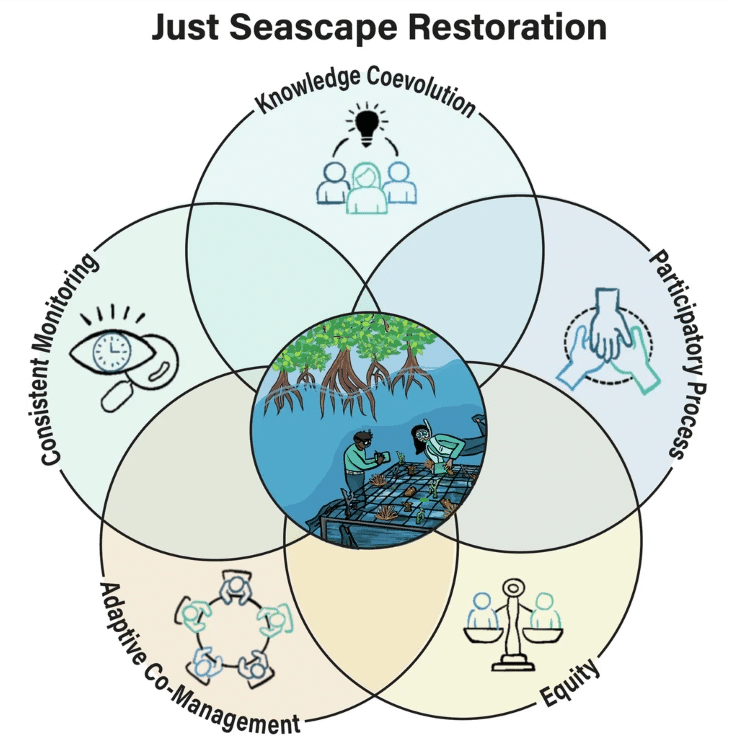
2. Restoring Our Seas: A Blueprint for Fair and Effective Action
London, United Kingdom – A groundbreaking framework for equitable seascape restoration has been introduced in the latest issue of npj Ocean Sustainability. The framework emphasizes principles such as community involvement, respect for local knowledge, and the integration of social justice into environmental initiatives.
By adopting these guidelines, restoration efforts across various marine habitats can achieve both ecological success and social equity, ensuring that the benefits of healthy oceans are shared by all.
Thank you for your generous gift that will help us continue the production of this weekly, free publication
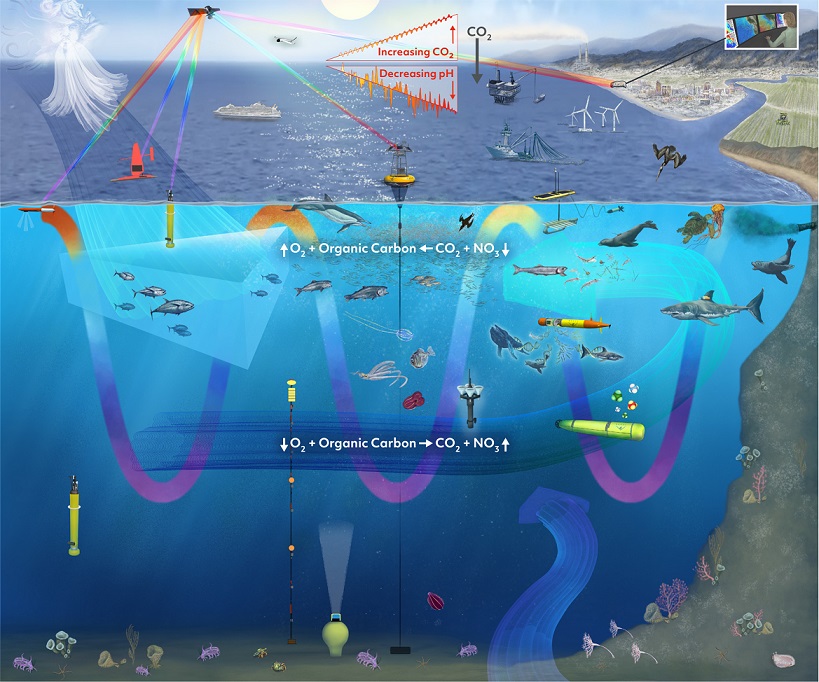
3. Revolutionary DNA Study Unveils Hidden Marine Diversity in Channel Islands
Santa Barbara, California – A recent environmental DNA (eDNA) study conducted by Oceana and marine geneticist Dr. Adrian Munguia-Vega has uncovered over 11,000 unique species in California’s Channel Islands. This extensive biodiversity includes numerous species potentially unknown to science.
By analyzing genetic material from water samples, researchers have gained unprecedented insights into the region’s marine ecosystems, highlighting the critical need for continued conservation and study of these biodiverse waters.
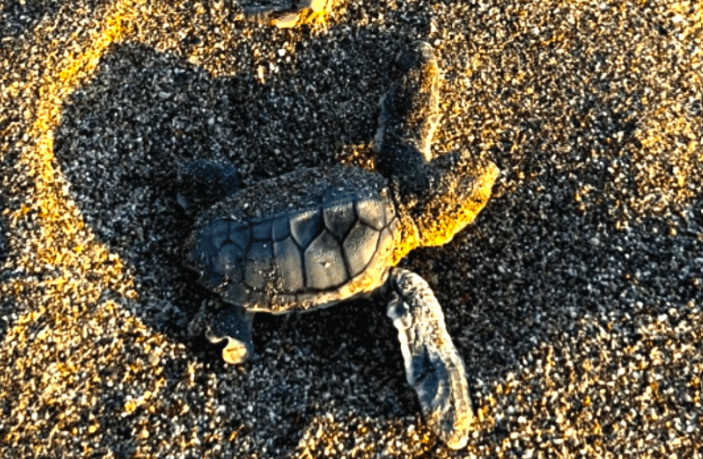
4. Historic Discovery: First Green Turtle Nest Found on Rhodes
Rhodes, Greece – In a groundbreaking event, the first-ever green turtle (Chelonia mydas) nest has been documented on the island of Rhodes. This unexpected discovery suggests a potential expansion of the species’ nesting range into the Aegean Sea. Local conservationists are closely monitoring the site to protect the nest and gather data on this rare occurrence.
The emergence of green turtle nesting in this region underscores the importance of ongoing conservation efforts and may indicate shifting patterns due to environmental changes.
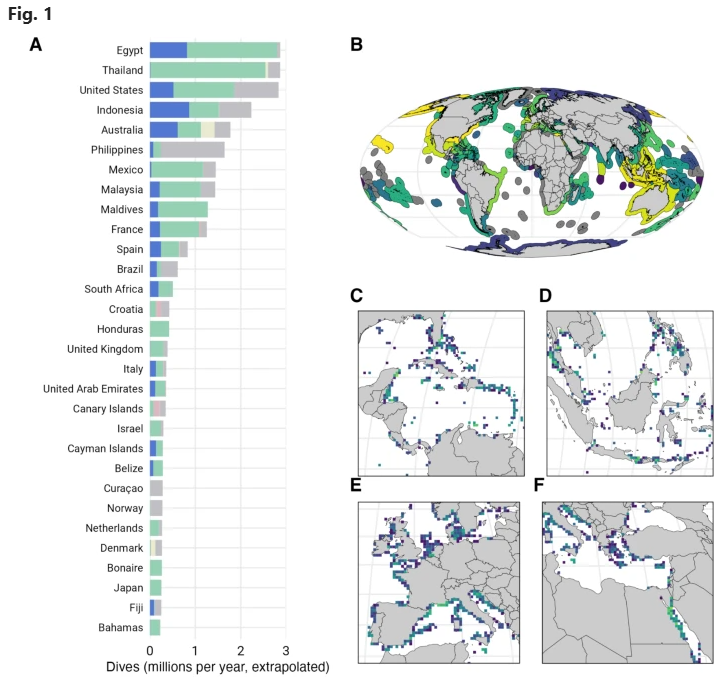
5. Dive Tourism’s Hidden Impact: Are Marine Protected Areas Enough?
A recent study published in Nature reveals that while marine protected areas (MPAs) are established to conserve marine ecosystems, they are increasingly becoming hotspots for recreational scuba diving.
The research highlights a potential conflict between conservation goals and tourism activities, suggesting that the current management of MPAs may not adequately address the environmental impacts of increased diving. The study calls for a reevaluation of MPA policies to balance ecological preservation with sustainable tourism practices.
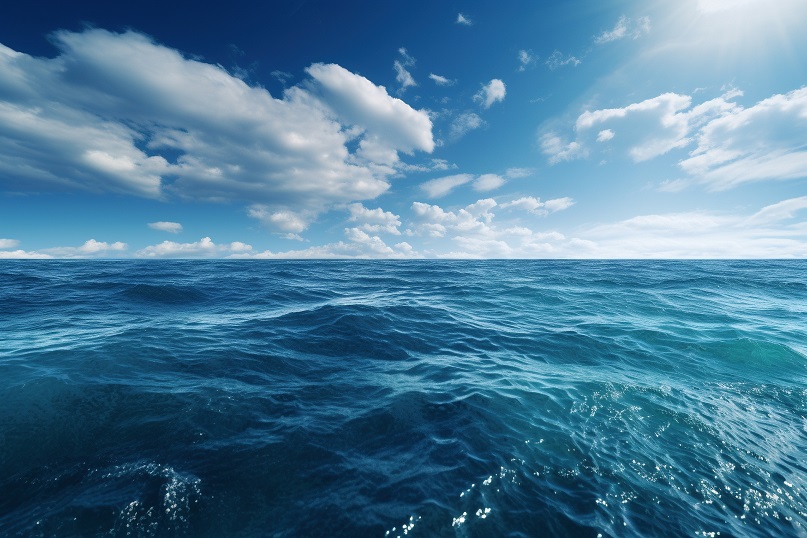
6. Innovative Maritime Strategies Propel Estonia’s Blue Economy
Tallinn, Estonia – Tallinn University of Technology (TalTech) is spearheading initiatives to advance the maritime sector while safeguarding the marine environment. Through the “Activities Move to Sea” innovation program, TalTech focuses on developing sustainable maritime technologies and practices.
Collaborations with industry partners aim to enhance maritime operations’ efficiency and environmental friendliness, reinforcing Estonia’s commitment to a sustainable blue economy.
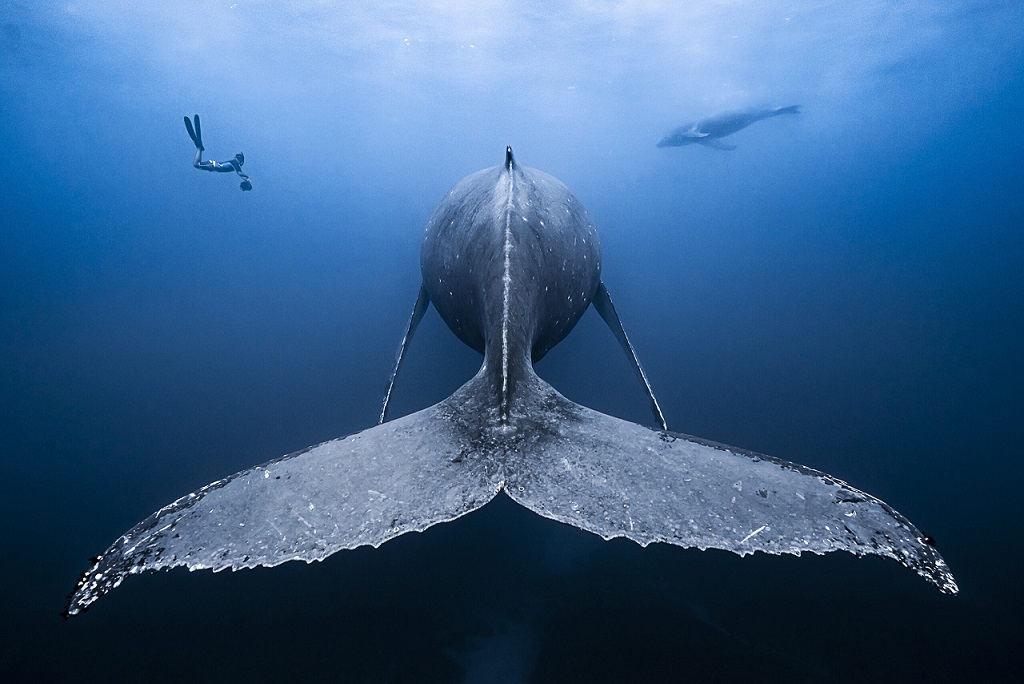
7. U.S. Enforces Ban on Seafood Linked to Marine Mammal Bycatch
United States – Starting January 1, 2026, the United States will prohibit the import of seafood associated with marine mammal bycatch. This landmark decision aims to protect species such as whales, dolphins, and seals from unintentional capture in commercial fishing operations.
The ban seeks to promote global fishing practices that prioritize marine mammal safety and align with domestic standards already in place, reflecting a significant step toward sustainable seafood consumption.
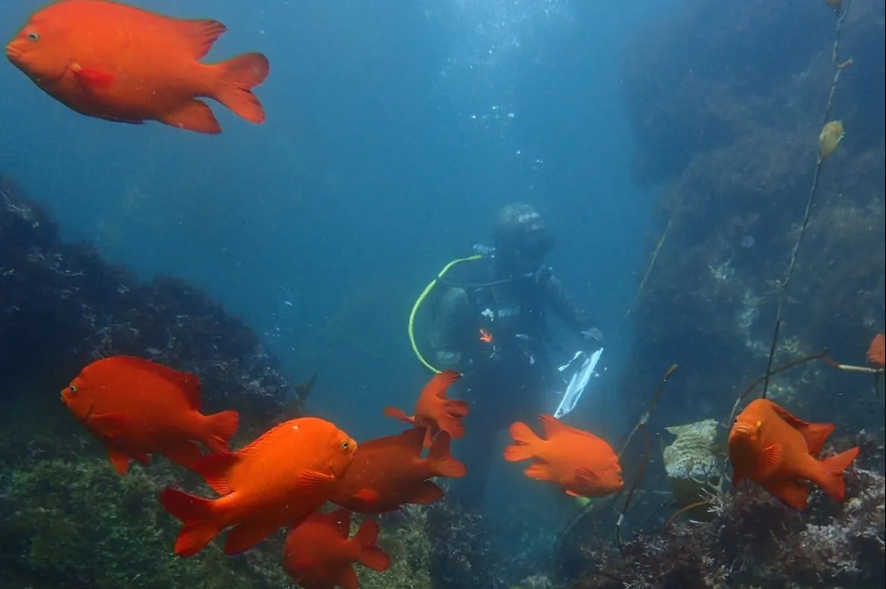
8. California’s Marine Protected Areas: A Blueprint for Thriving Fish Populations
Santa Barbara, California – A comprehensive study by the University of California, Santa Barbara, reveals that the state’s network of marine protected areas (MPAs) has led to significant increases in fish populations and biodiversity. Researchers found that species such as rockfish and lingcod have rebounded within these protected zones, contributing to healthier marine ecosystems.
The success of California’s MPAs serves as a model for marine conservation efforts worldwide, demonstrating the effectiveness of well-managed protected areas in restoring ocean health.
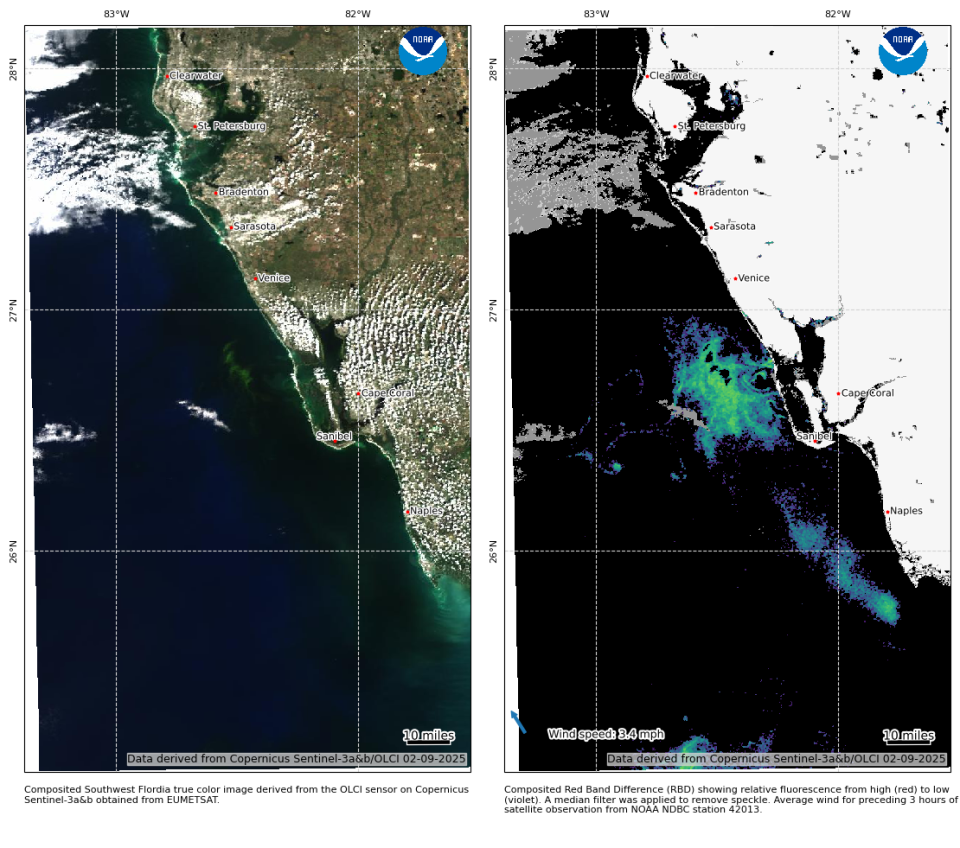
9. Red Tide Alert: What Sarasota and Manatee Beachgoers Need to Know
Sarasota, Flordia – Recent reports indicate that while red tide blooms are affecting parts of Florida’s Gulf Coast, beaches in Sarasota and Manatee counties remain largely unaffected. According to the Florida Fish and Wildlife Conservation Commission, water samples from these areas have shown low to no concentrations of the Karenia brevis algae responsible for red tide.
However, officials advise beachgoers to stay informed through local resources, as conditions can change rapidly. It’s recommended to check the latest updates before planning beach activities.
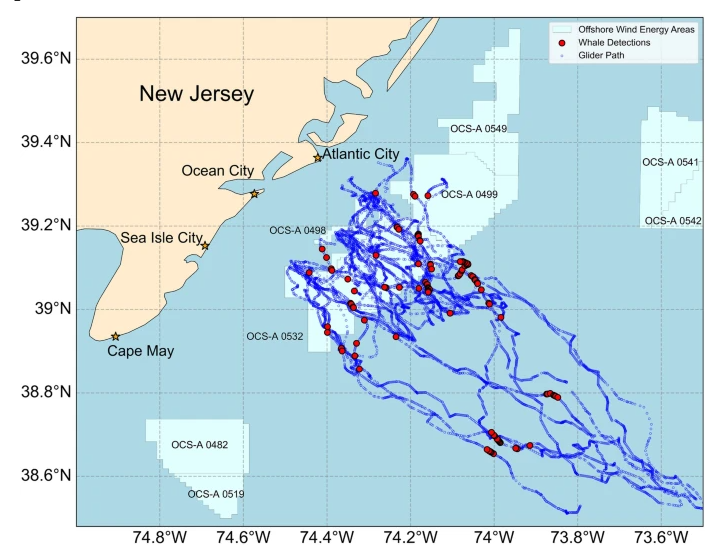
10. Machine Learning Predicts North Atlantic Right Whale Habitats
A recent study published in Nature introduces a machine learning model designed to predict the presence of North Atlantic right whales. By analyzing data from oceanic gliders and satellites, the model identifies environmental conditions favorable to these endangered whales.
This innovative approach aims to enhance conservation efforts by providing more accurate predictions of whale locations, thereby reducing human impacts such as ship strikes and fishing gear entanglements.
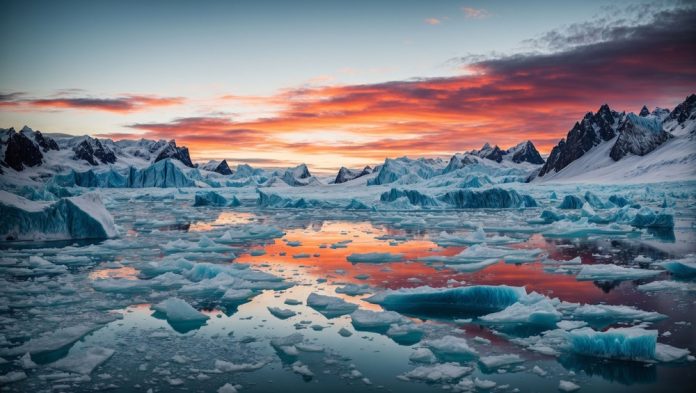
11. Autonomous System Revolutionizes Arctic Ice Monitoring
Researchers from Florida Atlantic University’s College of Engineering and Computer Science have developed an autonomous observation platform to monitor Arctic ice melting. Utilizing wind energy for propulsion and an underwater turbine for power generation, this unmanned surface vehicle is engineered to withstand harsh Arctic conditions.
The system aims to provide continuous data on rapidly changing ice environments, offering valuable insights into the effects of climate change on polar ecosystems.
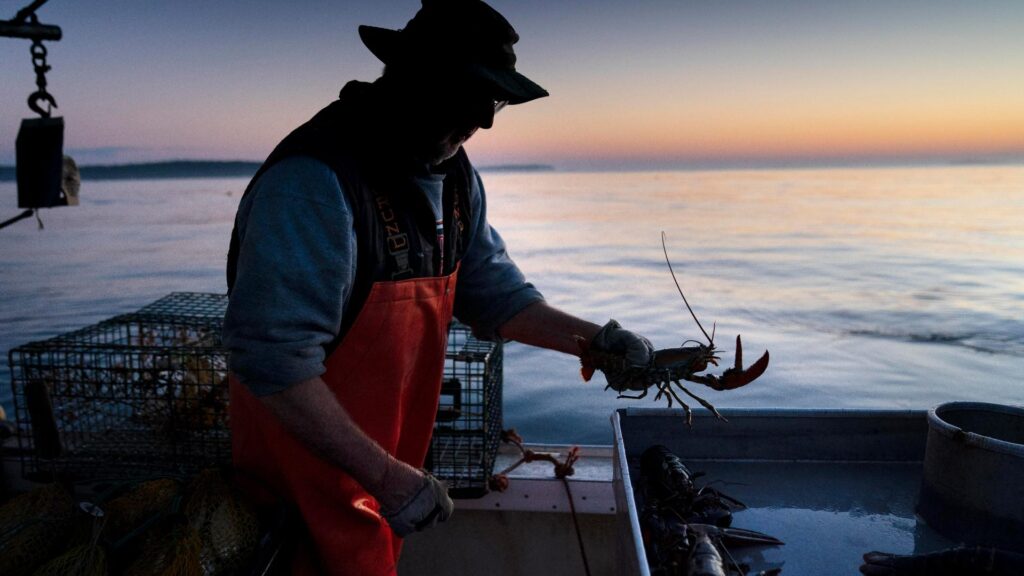
12. Maine Backs Down: Stricter Lobster Fishing Rules Reversed Amid Industry Outcry
Portland, Maine – In response to significant opposition from fishermen, Maine’s regulators have withdrawn proposed stricter lobster fishing regulations. The rules aimed to increase the minimum legal harvest size to address declining lobster populations in the Gulf of Maine, a region experiencing rapid warming.
Fishermen argued that such measures would devastate the industry and create an imbalance with Canadian competitors. The Atlantic States Marine Fisheries Commission will now seek alternative strategies to ensure the sustainability of the lobster stock.

13. Trump’s Executive Order Revives Plastic Straws, Dismissing Environmental Concerns
Washington, D.C., United States – President Donald Trump has signed an executive order reversing federal policies that favored paper straws over plastic ones. Criticizing paper straws as ineffective, Trump emphasized a return to plastic, despite environmentalists’ concerns about plastic pollution and its impact on marine life.
This move overturns previous efforts to reduce single-use plastics in federal operations.
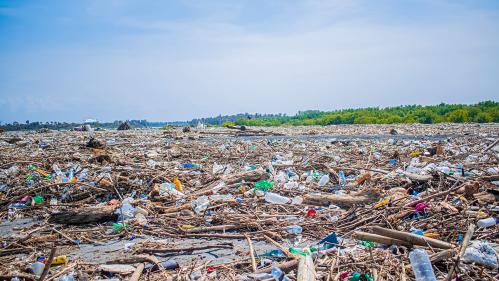
14. Microplastics: The Hidden Threat Amplifying Other Pollutants
Researchers at Rutgers University have discovered that micro- and nano-plastics can increase the toxicity of other environmental pollutants to plants and intestinal cells. The study found that these tiny plastic particles can bind with pollutants, facilitating their uptake by living organisms and leading to heightened toxic effects.
This research underscores the complex challenges posed by plastic pollution and its interactions with other environmental contaminants.
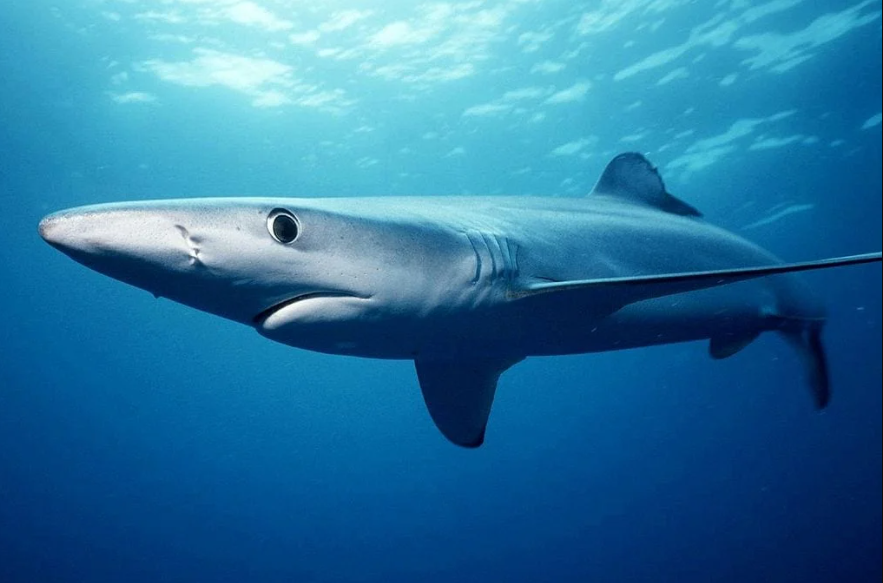
15. Owner of Japanese Fishing Vessel Fined in Major Shark Finning Case
Honolulu, United States – Hamada Suisan Co. Ltd., owner of the Japanese-flagged fishing vessel M.V. Kyoshin Maru No. 20, has pleaded guilty to unlawful trafficking of shark fins. The company was sentenced to pay a $126,000 fine, forfeit $119,000 representing the vessel’s value, and serve a three-year probation period.
This case marks the largest monetary penalty ever imposed for a federal shark finning violation, highlighting the U.S. Department of Justice’s commitment to combating illegal wildlife trafficking.




